In today’s world, where communication is more instant and accessible than ever before, one powerful way to connect with others is by sharing personal experiences. Whether through conversations, social media, blogs, or even in professional settings, sharing our stories can have a profound impact—not only on ourselves but also on those who hear them. While it might feel vulnerable or intimidating at times, sharing personal experiences can bring about a sense of community, understanding, and healing. Here’s why sharing your personal journey can be one of the most powerful tools for connection and growth.


1. Building Empathy and Connection
One of the most significant benefits of sharing personal experiences is the ability to build empathy. When we open up about our struggles, triumphs, and everyday experiences, we allow others to see that we are human—just like them. This vulnerability fosters a deeper emotional connection, whether with friends, family, or even strangers. It shows others they are not alone in their feelings and experiences, which can help create a supportive network of people who genuinely understand each other.
For example, when someone shares a story about overcoming a personal challenge, others who have faced similar struggles can relate and feel heard. This shared empathy is a powerful way to strengthen relationships and cultivate a sense of belonging, both online and offline.
2. Inspiring Others Through Your Journey
You never know who might be inspired by your experiences. Whether you’re sharing the story of a personal achievement, a lesson learned from failure, or simply how you navigated a challenging moment, your journey has the power to motivate others. Personal stories can offer hope, perspective, and encouragement to people who are going through similar situations.
Think about the countless motivational speakers, authors, and influencers whose personal stories have impacted millions. The vulnerability and honesty in their experiences serve as a reminder that everyone has the potential to overcome adversity, grow, and thrive. By sharing your own story, you too can inspire someone else to take action, heal, or pursue their dreams.
3. Creating a Sense of Community
Sharing personal experiences often creates a sense of community. Whether it’s within your circle of friends, a professional group, or an online community, being open about your own life fosters an environment of openness and support. When you share your experiences, others feel encouraged to do the same, leading to a culture of sharing, learning, and mutual respect.
This sense of community can be especially powerful in online groups where people from various backgrounds and locations come together. Platforms like social media, blogs, and forums provide spaces for people to share personal stories, exchange advice, and offer support, strengthening the bond between individuals who might never have met in person.
4. Self-Reflection and Growth
When you share personal experiences, you are often forced to reflect on them. This act of storytelling can be a therapeutic process in itself. It allows you to gain new insights, recognize patterns in your behavior, and better understand your emotions. Reflecting on past experiences helps you process them in a way that makes sense and enables you to learn from them.
For example, writing or talking about a difficult experience may help you reframe it, seeing it not just as a setback, but as a stepping stone to growth. This reflective process can help you move forward with more clarity, resilience, and wisdom. Additionally, sharing these reflections with others may spark their own self-reflection, creating a cycle of growth for everyone involved.
5. Strengthening Your Personal Brand
In professional settings, sharing personal experiences can also help strengthen your personal brand. When you share stories of your challenges, successes, and what you’ve learned along the way, it adds authenticity and relatability to your image. Whether you’re building a business, growing a network, or establishing yourself as an industry expert, personal stories can help differentiate you from others.
People connect with people, not just brands or businesses. By sharing your unique journey and experiences, you humanize your brand and build trust with your audience. This transparency and authenticity can go a long way in creating loyal followers or clients who relate to your values and mission.
6. Healing Through Storytelling
There’s a healing power in telling your story. Speaking openly about traumatic experiences or difficult moments in your life can help release pent-up emotions, reduce stress, and bring closure to painful situations. When we keep our experiences to ourselves, they can weigh heavily on our mental and emotional well-being. However, sharing them allows us to process and move on, often with the support of others who may have faced similar challenges.
Many individuals who have experienced loss, grief, or hardship have found solace in sharing their stories with others. It helps them feel understood and validated, which in turn promotes healing. Furthermore, sharing your story can help break down stigmas around sensitive topics, encouraging others to open up as well.
7. Creating Awareness and Driving Change
Personal stories can also raise awareness about important social, cultural, or political issues. By sharing your experiences with topics such as mental health, equality, or environmentalism, you can shed light on causes that may be underrepresented or misunderstood. Storytelling has always been a powerful tool for advocacy, and in today’s interconnected world, your voice has the potential to reach millions.
When people share their personal struggles or triumphs related to societal issues, it can prompt discussions that lead to change. It’s a way of contributing to a larger conversation, challenging norms, and pushing for progress. Your story could be the spark that inspires others to act or think differently, creating a ripple effect of positive change.


